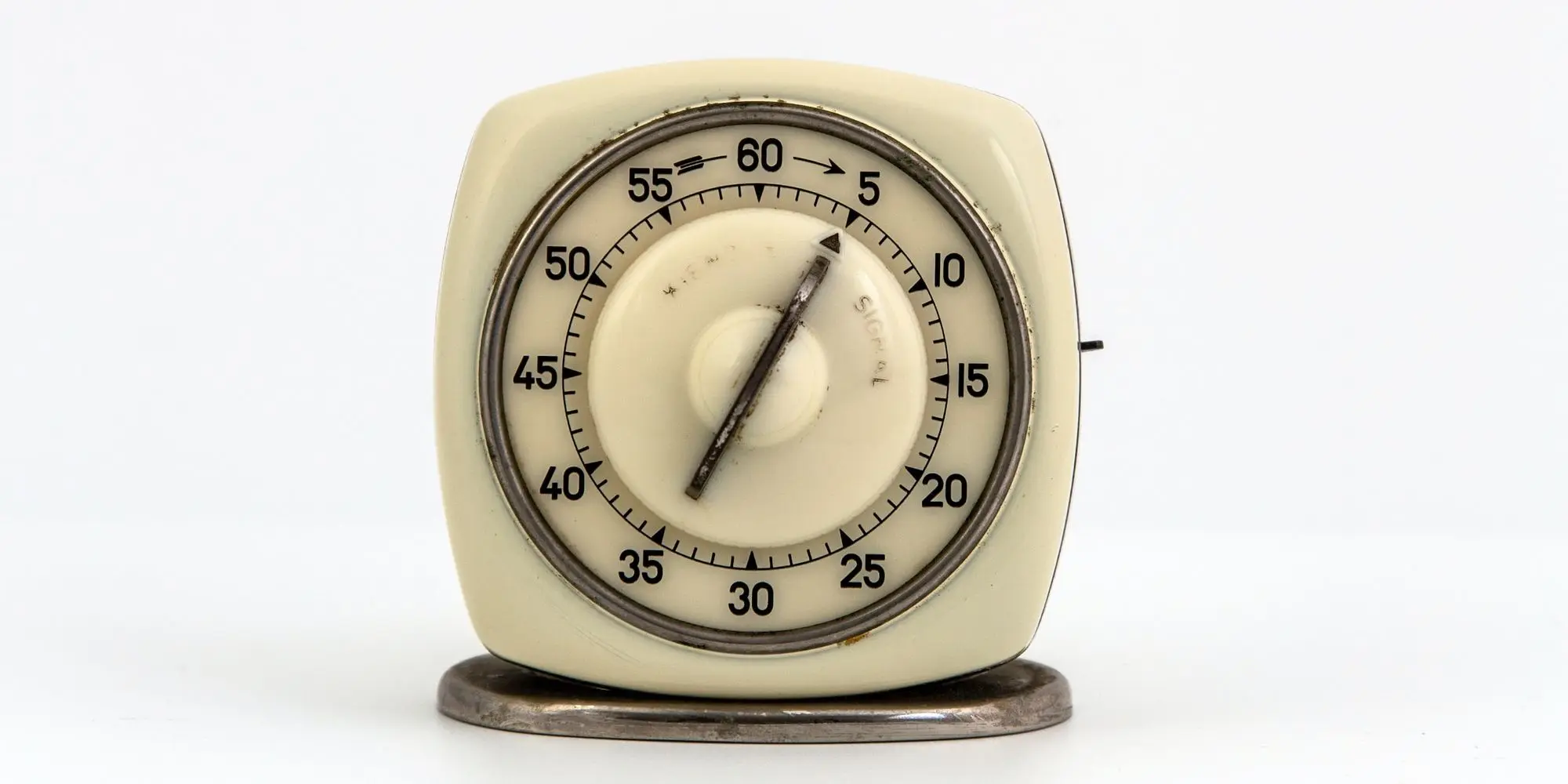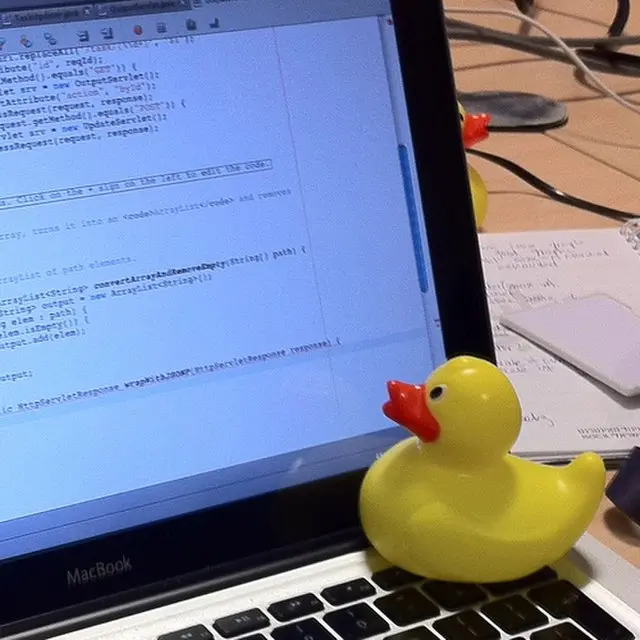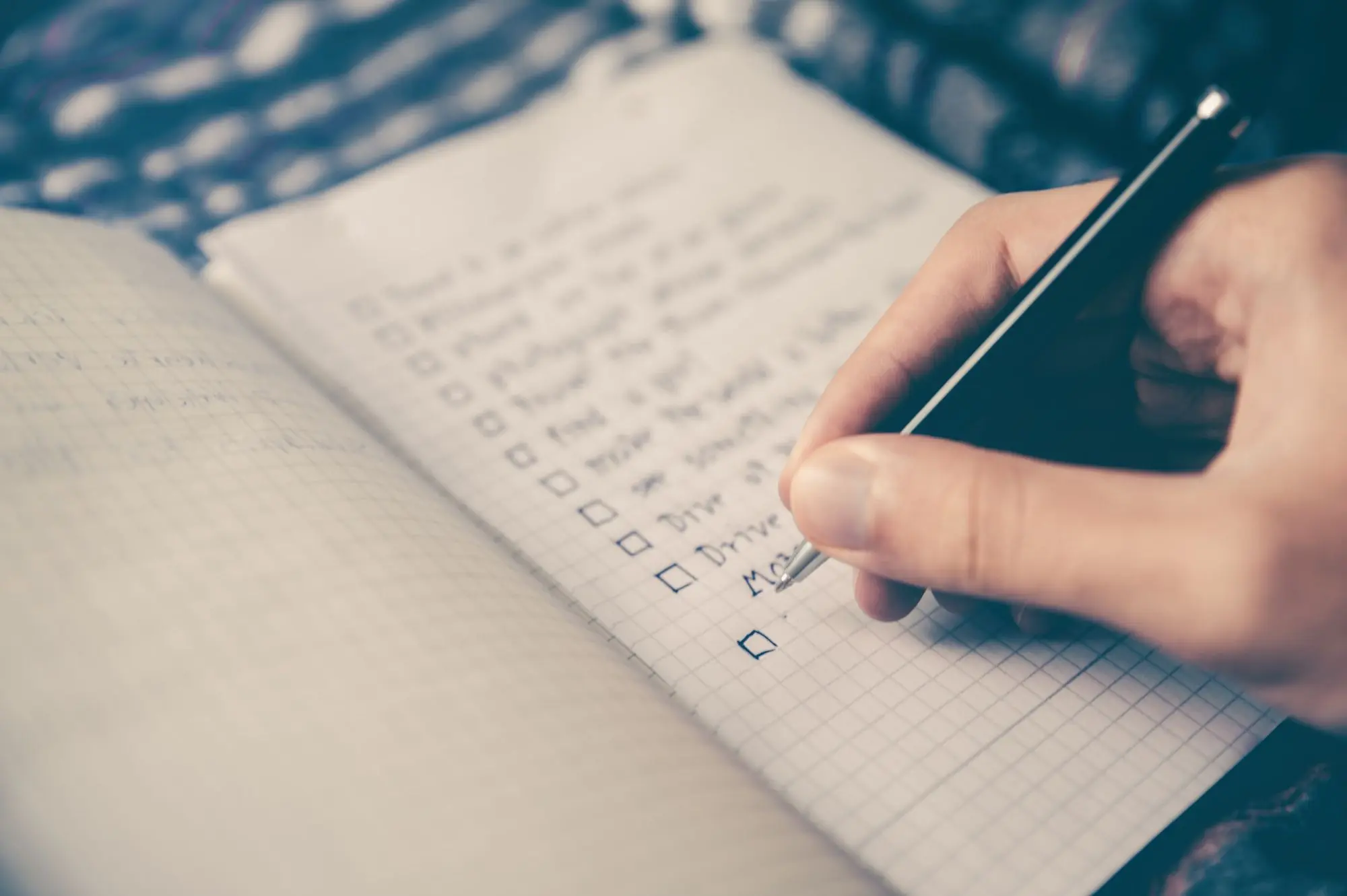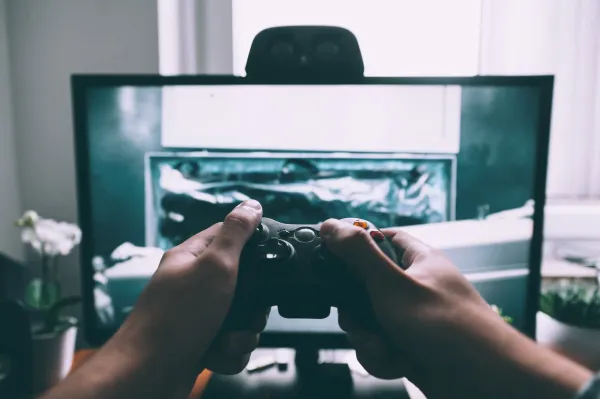Improve Your Productivity With 9 Fantastic Life-Hacks
Everyone can be productive with these simple life hacks.
Are you struggling to find a way to improve your life (as a developer)? I had the same problem and adapt some techniques that helped me a lot. This blog post will show these nine life hacks that have helped me become a better developer or more specifically a better human. I will explain which hacks I used in my daily routine to stay motivated and overcome challenges.
These life hacks are straightforward so anyone can do them (not only developers). Because if you want to be a better developer you have to be a better human first. So take a look and see what might work for you too.
1. Five Minute Rule

Sometimes you encounter an error in the console or can’t install a package and you don’t know about the problem. You get frustrated and try to ask your colleagues: “Why does it not work?”. You think about the problem and can't find anything to fix the problem.
In this situation, the brain is overwhelmed with the anticipation of completing the task: How long it will take and how hard it will be.
One important thing here is that huge, challenging tasks won’t be completed fast and easily. Rather, they’re best handled by dividing them into smaller pieces and completing one piece at a time. That’s the point where the five-minute rules come in.
How it works: You force yourself to work on the task for five minutes. It is very important that you understand, that you can quit after five minutes if you want to. With this precondition, you will “trick” your brain into seeing this challenging task differently. You can think that the brain will say to itself:
Awesome. Five minutes is nothing. It’s much shorter than the show we want to watch. We can do five minutes easily
Normally, you will not finish the task within the first five minutes but you will be working on the task and maybe keep working after five minutes. And also if you stop working you have already crossed the major hurdle for completing the task: Getting started.
So, the next time you encounter complex tasks that you don’t know how to handle them, remember this simple trick. Often, five minutes are all you need.
So, the next time you find your task list angrily staring back at you while you waste the morning away, remember this simple little emotionally intelligent trick.
2. Rubber duck debugging

Within the field of Software Engineering rubber duck debugging describes a method of debugging code by explaining a problem in spoken or written natural language.
The name comes from a story within the book “The Pragmatic Programmer” by Andrew Hunt and David Thomas. Within the story, a programmer carries a rubber duck and debugs their code by forcing themselves to explain it, line-by-line, to the rubber duck.
The described method is based on a procedure many programmers already encountered during their careers. Often if you explain a problem to someone you know, possibly to someone who does not know anything about programming, you will find the solution. While explaining what the code is supposed to do and observing what it actually does you can find the problem. In general, you can say that explaining a problem to a subject forces its evaluation from different perspectives that can provide a deeper understanding of the problem. By using a rubber duck instead of a colleague you can accomplish this without disrupting another person.
You don't need to use a rubber duck. Any inanimate object or pet can be used while using this method.
3. Set S.M.A.R.T. Goals

Setting goals is an important facet of any successful person’s life and knowing how to set a goal and then take the needed actions to fulfill it can increase your overall productivity and progress. Additionally, it is an effective way to motivate yourself.
When you try to set a goal for yourself, you should always set SMART goals. SMART is an acronym that stands for Specific, Measurable, Achievable, Relevant, and Time-based. Every single element is important to create a goal that is planned, clear and trackable.
Specific: The goal should be as clear and specific as possible with what you want to achieve. The more detailed it is, the more you’ll understand the necessary steps to achieve it
Measurable: The outcome should be measurable. Define what evidence will prove if you are making progress and reevaluate if necessary.
Achievable: The goal has to be completed. It should be a goal that is possible to achieve.
Relevant: The goal should align with your values and long-term objectives. Ask yourself why the goal is important to you and how achieving it will contribute to your long-term objectives.
Time-based: The goal needs a realistic ambitious end date. To stay motivated the goal should be accomplished in time. Use this end date for task prioritization and motivation.
Just keep in mind that a goal without a plan is just a wish!
4. Reward Yourself

If you are working on something and you achieve a small goal, or a big one, reward yourself with something interesting.
Rewarding yourself for goals that you have achieved not only does feel good, but it also can help you stay motivated.
In fact, there are many benefits of rewarding yourself after reaching a goal you were working on for a long time:
- It will motivate and incentivize you to go after more goals
- It will reinforce and establish healthy habits
- You will pamper yourself!
The reason behind this is that a reward is anything that triggers the pleasure chemical in our brains (dopamine) to make us feel pleasurable. And when you feel pleasurable you want to do more of that activity.
5. Follow Your Schedule

If you get up at six one day and the other day at eight, it means you do not have a well-defined healthy morning routine. The same goes for the time when you go to sleep. One secret to a productive life is to have a healthy schedule to follow every morning. Get up at the same time every day and start your day with a schedule.
Sports, morning workouts, or walking outside are only some exercises you can do every morning or every two days to restore your energy.
6. Manage Your Tasks With The Pomodoro Technique

If you plan every moment of your day, you can determine how much you procrastinate and help you to get organized.
Every day you should analyze your daily routine and write down the tasks you have to accomplish. Make a simple To-Do list that you can complete during the day. Then you should use a technique like the Pomodoro Technique to work on your tasks and complete them.
The Pomodoro technique is used to improve productivity and finish more tasks faster with less distraction. It is a popular time management method that was developed by Francesco Cirillo and is used to alternate focused work sessions with frequent short breaks to optimize sustained concentration.
You should at least try the Pomodoro Technique if you:
- find little distractions derail your work
- always work past the point of optimal productivity
- enjoy gamified goal-setting
- have lots of open-ended work that could take an unlimited amount of time
Find my blog post about this technique here:

7. Do Not Compare Yourself With Others

It’s really hard to not compare yourself to others but every person has their path. The success road and success map are different for every individual. So normally you should never compare yourself with other people. If you are following the paths of other people blindly, you should think about stopping and start walking on your own path.
Actually, there is a biological reason because we're prone to comparing ourselves to others. People are using comparison to figure out how we measure against other people.
Unfortunately, there are many negative effects in comparing with others that you may be already felt before: Negative and anxious thoughts that are hard to come out of (known as rumination), Higher rates of anxiety and depression, overspending in an effort to keep up with the Joneses.
Comparing yourself with others steals our joy, our paychecks, and more often our sanity. Because of that, you should stop comparing!
8. Have A Hobby

Hobbies give you an opportunity to enhance your life. Hobbies allow you to destress yourself while staying mentally productive. They help us grow as a person and you can relax your mind from the boredom routine. Healthy hobbies include exercise, sports, cooking, reading books, writing, etc. It is important that your hobby has gratifying results on your mind and body.
But keep in mind that every person is unique, and because of this your hobbies and interests are different. If you find a challenging activity that you are passionate about, you should explore it deeper. At some point, your hobby will become an integral part of your life. Having an enjoyable hobby will bring you joy and will refresh you. You can use your hobbies to manage your leisure and unplanned time more productively. Additionally, you have the opportunity to learn new skills that will help you during your life:
- Increase confidence because you get skilled at something
- Have the ability to De-stress to stay mentally productive
- Socialize with people that you can get connected with
- Enhances your creativity
In general, Hobbies create a positive impact both on your personal and professional life.
9. Rest

To ensure productivity in your life it is essential that you take a good rest. If you work or study hard you have to rest because otherwise you will lose your power and your productivity will suffer.
Rest is vital for better mental health, increased concentration, and memory. Also, you will have a healthier immune system, reduced stress, improved mood, and even a better metabolism. You should have a daily rest phase, relaxation, and a night of good sleep.
There are several benefits to daily rest and relaxation:
- improved mood
- reduces stress and anxiety
- improve immune system
- stronger cardiovascular system
Additionally, you should get seven to eight hours of sleep every night with at least 1/4 REM sleep (Rapid eye movement). To ensure that you get enough quality sleep every night you can try:
- Stop drinking caffeine in the afternoon/evening
- Do not sleep during the day
- The room temperature should be between 15°C and 21°C
- Keep your sleep schedule (even on the weekends)
- Do not exercise late in the day before you take your sleep
- Avoid screen time before you go to sleep. Read and relax.
Closing Notes
Thank you for taking the time to read this. I hope you find this article helpful and are able to follow these life hacks by yourself.
All in all, I would say that I personally like every life hack that I showed here and they helped me to be more focused and productive.
I’m curious to see if it works for other people too and I would love to hear your ideas and thoughts about these life hacks. If you have any questions or enjoyed reading this article consider commenting your valuable thoughts in the comments section. I would love to hear your feedback about my personal life hacks. Furthermore, share this article with fellow people to help them be more productive!
Feel free to connect with me on Medium, LinkedIn, Twitter, and GitHub.
🙌 Support this content
If you like this content, please consider supporting me. You can share it on social media, buy me a coffee, or become a paid member. Any support helps.
See the contribute page for all (free or paid) ways to say thank you!
Thanks! 🥰




